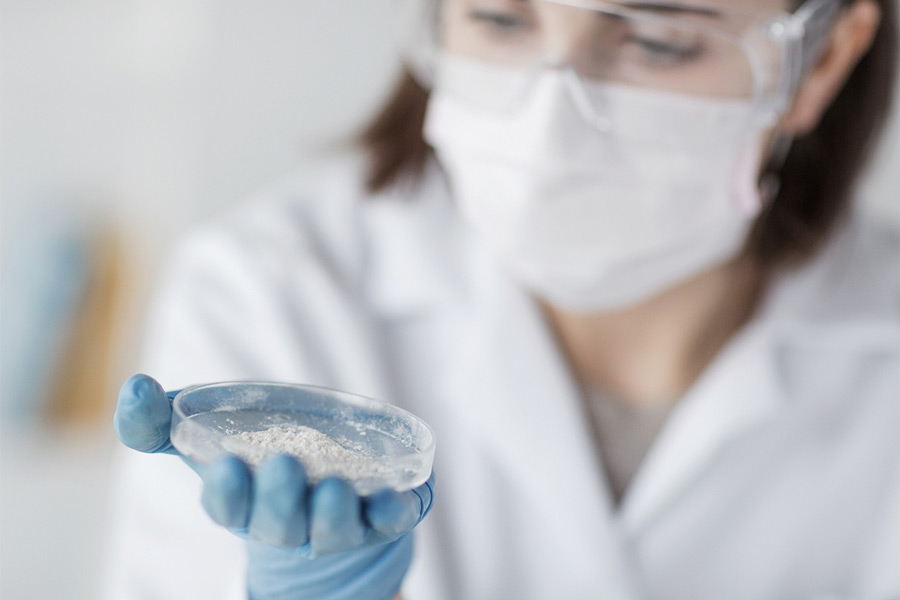- Home
- Regenerative Dentistry for Tissue Development: Revolutionizing Dental Implant Success
Regenerative Dentistry for Tissue Development: Revolutionizing Dental Implant Success
20 Jan 2025

Dental implant surgery has long been a reliable solution for individuals seeking to replace missing teeth. However, the success of these implants relies heavily on the surrounding tissue's ability to heal and integrate with the implant. This is where regenerative dentistry comes into play, offering a groundbreaking approach to enhance the healing process and ensure long-term implant success.
The Role of Growth Factors and Bioactive Compounds
Regenerative dentistry focuses on harnessing the body's natural healing potential by incorporating growth factors and bioactive compounds into the implant site. These molecules stimulate the surrounding tissue to regenerate, promoting a stronger bond between the implant and the jawbone. This not only accelerates the healing process but also significantly improves the implant's long-term success rate.
Benefits for Patients with Gum Disease or Impaired Oral Health
Regenerative methods are particularly beneficial for patients with gum disease or impaired oral health. By enhancing tissue regeneration, these techniques can help restore the natural structure and function of the affected area. This is especially crucial for individuals who have experienced significant bone loss due to periodontal disease or other conditions. By promoting healthy tissue growth, regenerative dentistry can improve the overall oral health and well-being of these patients.
The Science Behind Regenerative Dentistry
Regenerative dentistry is built on the principles of tissue engineering, which involves the use of stem cells, bioactive molecules, and scaffolds to facilitate tissue regeneration. Dental tissue-derived stem cells have gained significant attention in recent years due to their remarkable properties and non-invasive accessibility. These cells can be used in conjunction with biomaterials and bioactive molecules to create customized constructs that promote tissue regeneration.
Advances in 3D Bioprinting and Computer-Aided Design
The field of regenerative dentistry has been further revolutionized by the integration of 3D bioprinting and computer-aided design. These technologies enable the creation of patient-specific constructs with high accuracy and precision, allowing for tailored treatment approaches. This has opened up new avenues for the development of customized implants and prosthetics that can seamlessly integrate with the surrounding tissue.
Expert Insights
Dr. DT, a leading researcher in regenerative dentistry, emphasizes the significance of dental tissue-derived stem cells in this field. "These cells have remarkable properties that make them ideal for tissue regeneration. By harnessing their potential, we can create novel treatment strategies that surpass conventional approaches in dentistry."
Common Misconceptions and Myths
One common misconception about regenerative dentistry is that it is a new and untested field. However, researchers have been working on advancing regenerative research for decades, and numerous studies have demonstrated the efficacy of these techniques. Another myth is that regenerative dentistry is only suitable for a select few. In reality, these methods can benefit a wide range of patients, from those with gum disease to those seeking to improve their overall oral health.
Conclusion and Call to Action
Regenerative dentistry has the potential to transform the field of dental implant surgery. By incorporating growth factors and bioactive compounds, these techniques can enhance the healing process, improve implant success rates, and restore natural tissue function. If you are considering dental implant surgery or seeking to improve your oral health, consult with a dental professional to explore the benefits of regenerative dentistry.
-
4913 Golden Foothill Pkwy
El Dorado Hills, CA 95762 - 916-258-7434
- [email protected]
